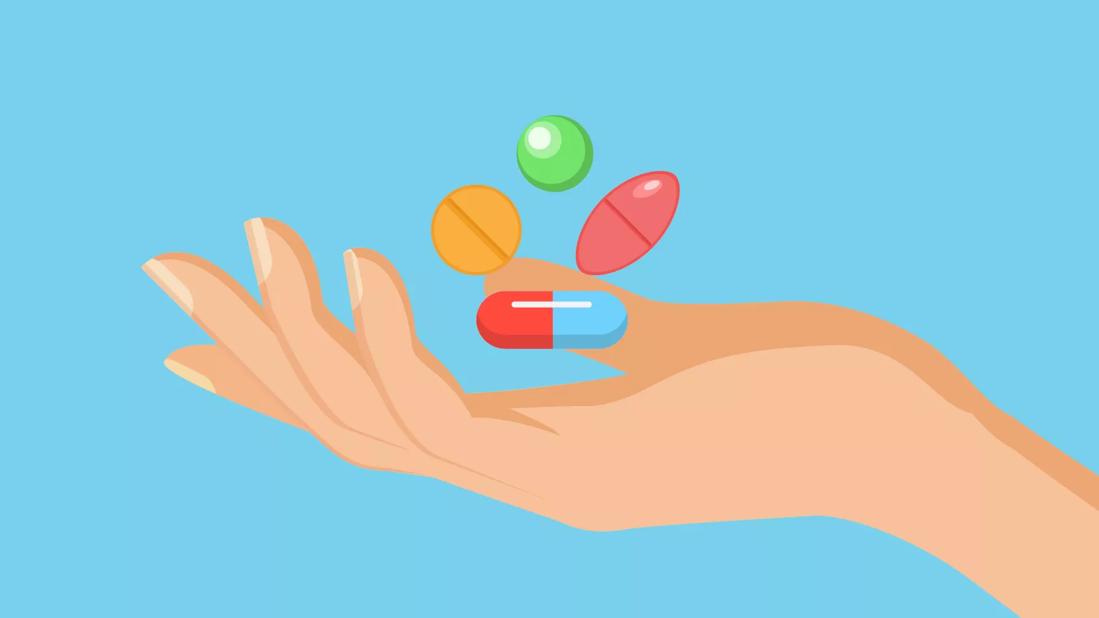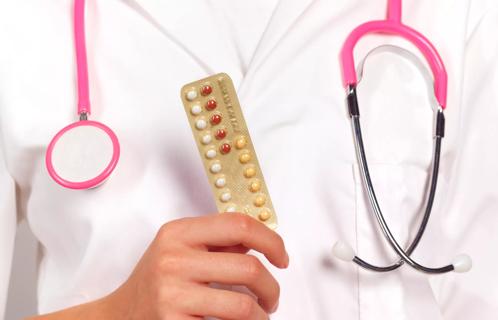Most birth control methods are already out of your system in a few days

The idea of hitting a reset button for your body and your fertility after getting off birth control may be tempting. But is it realistic? Or necessary? Ob/Gyn Ashley Brant, DO, sets the record straight on birth control cleanses.
Advertisement
Cleveland Clinic is a non-profit academic medical center. Advertising on our site helps support our mission. We do not endorse non-Cleveland Clinic products or services. Policy
Birth control cleanses are products — most often drinks — sold with the premise that your hormones should be rebalanced and your uterus detoxed after getting off birth control. They often include vitamins, minerals and herbal supplements like chasteberry.
“Most birth control cleanses are like a multivitamin. But they’re not approved or regulated by the U.S. Food and Drug Administration,” Dr. Brant says.
Manufacturers claim the types of birth control methods that release synthetic hormones into your body (we’re looking at you, pill) upset your body’s natural state. They claim they wreak havoc on your:
“Most birth control methods are completely out of your system within a few days,” says Dr. Brant. “That’s why you take birth control pills every day — they wear off within 36 hours. There’s no harmful buildup of hormones in your system.”
The effects of an intrauterine device (IUD) last slightly longer. “But even the most conservative estimates say your body is clear of synthetic hormones within a week of having the IUD removed,” Dr. Brant explains.
The one exception? The Depo-Provera® shot, a progestin-only contraceptive injection you get every three months. Progestin is the synthetic version of progesterone, a hormone your ovaries naturally release.
Advertisement
“While the injection’s effects are intended to last for at least three months, there’s some evidence that it can take up to a year for fertility to return after your last shot,” Dr. Brant says, “but there’s no evidence that taking vitamins or supplements speeds up that process.”
In short, no. “A cleanse is not necessary after birth control. There’s no evidence that taking vitamins helps you more quickly process the hormones in birth control. Your liver quickly processes most reproductive hormones, such as progesterone and estrogen, on its own,” Dr. Brant explains.
While you don’t need to do one, Dr. Brant says there’s probably no harm in birth control cleanses. “There have, however, been a few case studies where people have overdosed on over-the-counter vitamins, so buyer beware of that potential risk,” she warns. “The quality of vitamins and supplements can also vary from product to product.”
Another potential birth control cleanse side effect has to do with your bottom line.
“They’re a marketing gimmick. Manufacturers prey on people’s fears and concerns about hormones so you’ll buy these expensive products,” she says. “Taking a prenatal vitamin would be a lot cheaper for similar potential benefits.”
The term “post-oral contraceptive syndrome” was first coined in 2008 in a book written by a doctor/herbalist. Now known as post-birth control syndrome, naturopathic doctors describe it as a set of symptoms that may happen after you stop taking birth control pills. These symptoms can include:
But here’s the catch: “Post-birth control syndrome is not a medically accepted term. It’s not well defined and doesn’t have diagnostic criteria in the medical field,” Dr. Brant says. “Birth control often treats and prevents these troublesome symptoms — so, it’s more likely that birth control had been masking these problems when you were on the pill, not that going off of birth control caused them.”
It’s also important to note that the idea that birth control negatively affects future fertility is more superstition than science. In fact, studies show that it doesn’t affect your ability to conceive after you stop using it.
But if you just don’t feel right after getting off birth control, Dr. Brant says self-treating with a cleanse isn’t your best option. “Instead, talk to your doctor,” she advises. “It’s rare for ovulation to take a while to come back. Most people will start ovulating again within one to two months. But if not, there are things we can do to help get you back on track.”
Advertisement
Learn more about our editorial process.
Advertisement

The Yuzpe regimen is less effective than other forms of emergency contraceptives, and it’s associated with more side effects

Both are about equally effective when used properly — IUDs are long-lasting and don’t require you to think about them

Birth control medications are more than 99% effective, but only when used properly

Today’s birth control pills don’t usually cause depression — but hormones affect everyone differently

No, you can’t prevent pregnancy by douching after sex, having sex standing up or having sex only at the ‘safe’ time

IUDs can make your period lighter, heavier, irregular or stop it completely

Birth control gel is simple to use and an effective method for preventing pregnancy

The scenarios vary based on how many pills you’ve missed and whether you take a combination pill or progestin-only pill

Wearing a scarf, adjusting your outdoor activities and following your asthma treatment plan can help limit breathing problems

Your diet in the weeks, days and hours ahead of your race can power you to the finish line

When someone guilt trips you, they’re using emotionally manipulative behavior to try to get you to act a certain way